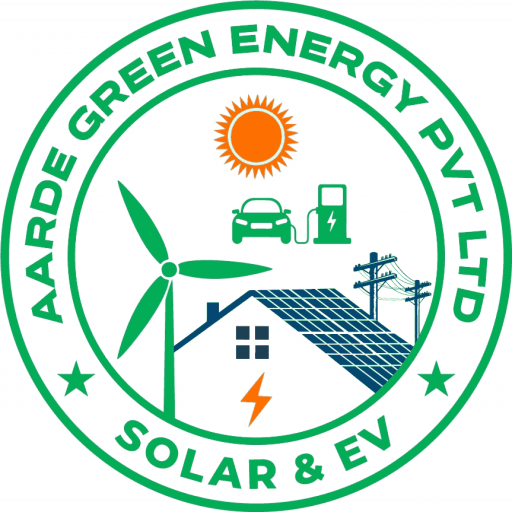
Solar panels convert sunlight into electricity. However, in cloudy weather or during rain, solar panels produce less electricity. In cloudy conditions, solar panels typically operate at 60-70% efficiency. During rain, they work at 40-50% efficiency.
However, solar panels do not become completely inactive. They still generate some electricity from the heat, humidity, and temperature in the environment. Bifacial solar panels have better efficiency compared to regular solar panels.
The impact of cloudy weather on solar panel efficiency:
Cloudy weather can significantly impact solar panel efficiency, but solar panels still generate power under such conditions. Here’s how cloudy weather affects their performance:
1. Reduced Light Intensity
On cloudy days, the intensity of sunlight reaching the panels is much lower compared to sunny days. The clouds block some of the direct sunlight, which reduces the amount of energy the panels can capture.
2. Efficiency Drop
Solar panels typically generate around 60-70% of their normal output on cloudy days. The actual efficiency drop depends on the thickness of the clouds and the specific type of solar panels used. Some high-efficiency panels can perform better under cloudy conditions than others.
3. Diffused Light
While direct sunlight is reduced, clouds scatter sunlight, creating diffused light. Solar panels can still capture this scattered light, though it’s less powerful than direct sunlight. This means they can still produce electricity, just at a reduced rate.
4. Impact on Energy Production
On overcast days, solar panels will produce less electricity than on sunny days, but they will continue to work. If there are multiple cloudy days in a row, solar energy production will be lower overall, but the system will still contribute to the home or business’s energy needs.
5. Solar Panel Types
Some solar panels, such as bifacial panels, may perform slightly better in cloudy conditions because they capture light from both sides, which can improve efficiency in diffused light.
6. Regional Variations
In regions with frequent cloud cover, solar systems may be sized larger to compensate for the reduced efficiency on cloudy days, ensuring adequate power generation year-round.
Myth 1: Solar panels don’t work at all on cloudy days
Fact: While solar panels are less efficient in overcast weather, they still generate electricity from diffuse sunlight. Even when the sun isn’t directly shining, clouds scatter sunlight, allowing solar cells to capture and convert that scattered light into energy. Countries with frequent cloud cover, such as Germany and the UK, have thriving solar industries, demonstrating that solar power works effectively even in less-than-ideal weather conditions.
Myth 2: Solar only works well in the sunniest locations
Fact: While solar power is more efficient in sunny areas, modern technology allows solar panels to perform well even in regions with moderate sunlight. Many places receive enough sunlight throughout the year for solar energy to be a cost-effective solution. For example, Maharashtra in India, with its sunny summers and rainy monsoons, still experiences excellent returns from solar power, proving it works well in diverse climates.
